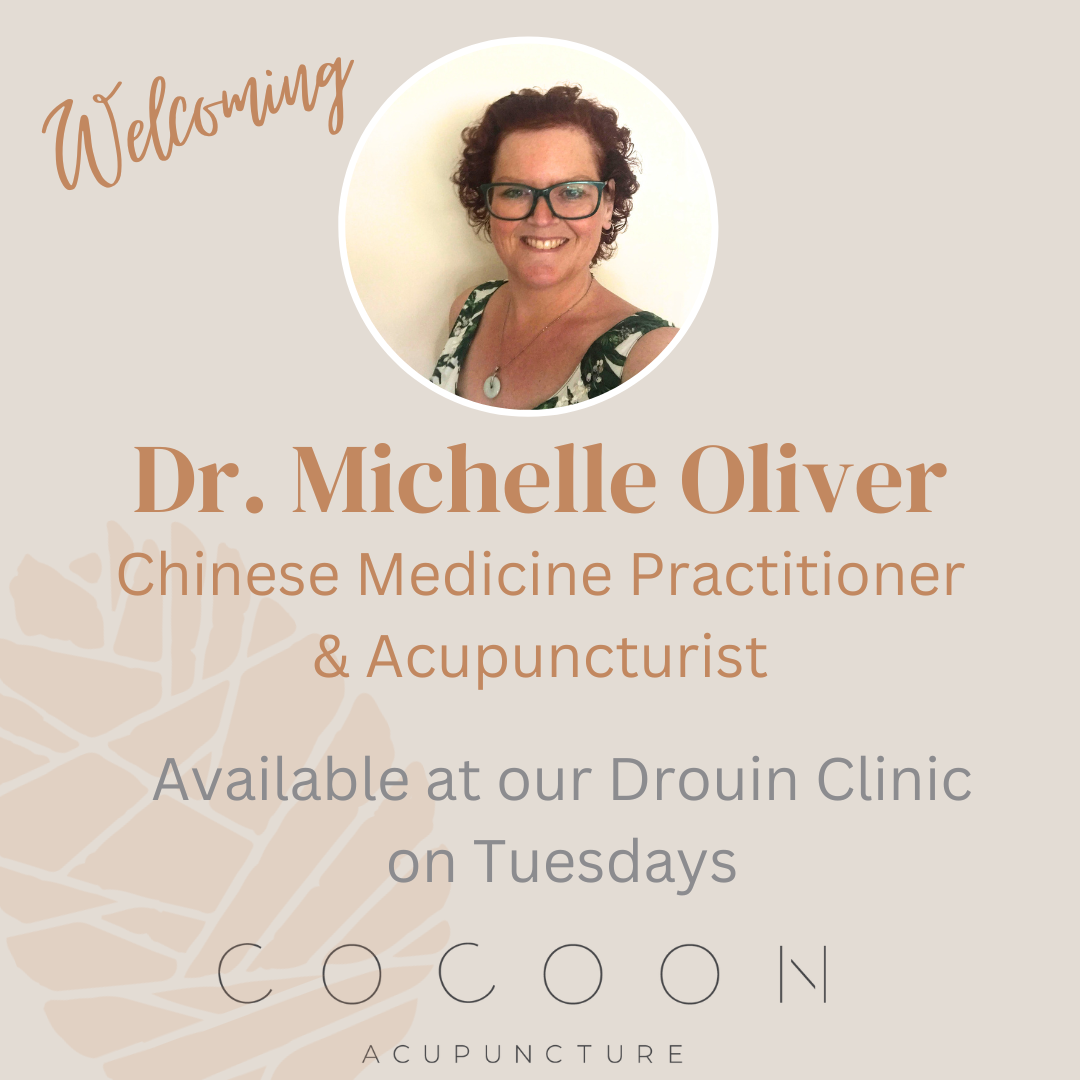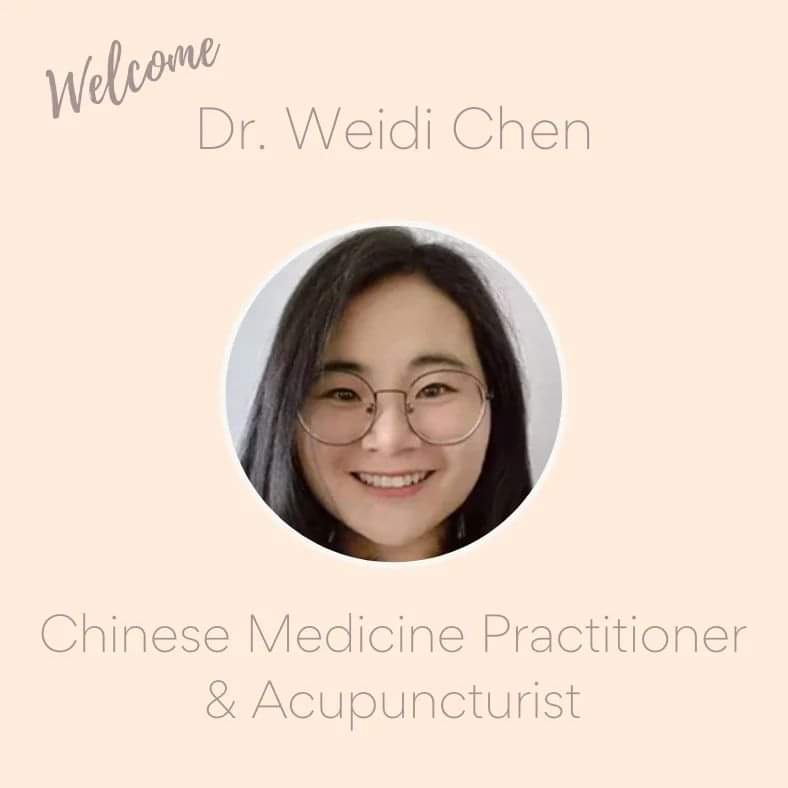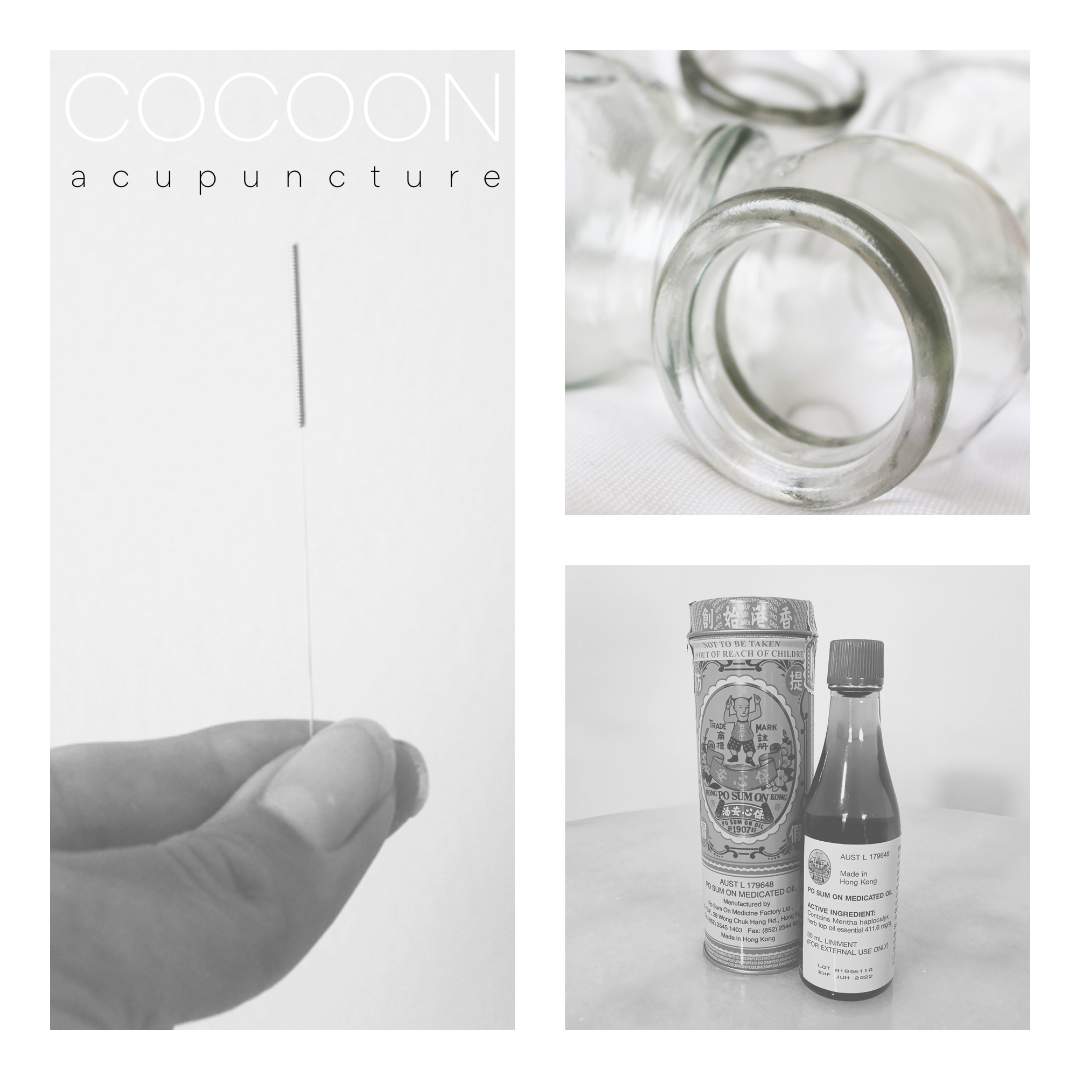
What is Acupuncture?
Whilst acupuncture has been a common modality throughout China for thousands of years, acupuncture really is in its infancy in Australia. Here is very brief and short article, outlining some of the common questions I get asked in clinic.
What is it?
Acupuncture is a type of treatment that is provided, based on the overall system of Traditional Chinese Medicine. This system of medicine is independent to Western Medicine. It examines physiology of the body as a whole and holds different understandings of the function of the organs. It views the mind and physical body as one. Chinese Medicine uses its own method to comprehensively look at how the body is functioning and determines a diagnosis using its own concepts and terminology. Ultimately, the intervention being provided at the other end is vastly different to that of the biomedical model.
What does it involve?
Acupuncture involves the insertion of very fine needles at specific locations. Once inserted, the needles cause a reaction both locally and via the nervous system; which either up regulates or down regulates physiology. There is a lot of complexity into the mechanism of how acupuncture works.
Who provides acupuncture?
Acupuncture is provided by practitioners who are registered with AHPRA (Australian Health Practitioner Registration Agency). National registration became mandatory in 2012. There are strict regulations for registration and study is at university level, involving extensive supervised clinical training.
Is there evidence?
Acupuncture and Chinese Medicine is extensively researched. According to the Cochrane Central Register of Controlled Trials, over the last decade, there has been 13, 727 studies conducted examining Chinese Medicine (up until Jan 2020). This is astronomical! For some context, in the same decade, there have been 899 chiropractic based-studies, 10, 972 physiotherapy-based studies and 21, 115 nursing-based studies.
What types of conditions does it treat?
Whilst acupuncture is well known around the world for the treatment of conditions such as pain and fertility, the scope of this modality is vast and can be applied to a wide variety of conditions. A recent comparative analysis was conducted in Australia and found strong evidence for the efficacy of acupuncture in the following conditions: allergic rhinitis, knee osteoarthritis, migraine prevention, chemotherapy induced nausea and vomiting, chronic lower back pain, postoperative nausea and vomiting, headache (both tension and chronic) and postoperative pain (Janz & McDonald, 2017). For anyone wanting to read this review or see the broad range of other conditions acupuncture is helpful for, please click here; The Acupuncture Evidence Project. As pointed out by Stephen Janz (2017) in the above mentioned comparative review, “It is no longer possible to say that the effectiveness of acupuncture can be attributed to the placebo effect or that it is useful only for musculoskeletal pain.” This is due to the study designs themselves- which are increasingly placebo controlled and involve longitudinal followup.
Opioid use is a crisis here in Australia
As a society, we really should be considering use of this modality for pain management. Pain management in Australia is an extremely difficult and complex conundrum. Whilst our utilisation of opioids is absolutely necessary for acute and traumatic injuries, there are also some very dire consequences when used inappropriately. Some say we are amidst an opioid crisis. In 2018, there were 1,123 deaths in Australia that involved the use of opioids. 70% of these deaths are associated with pharmaceutical opioids (Opioid-Induced Deaths in Australia, ABS, 2019). The potential risk factors associated are no where near as catastrophic.
Give it a try!
Nothing beats understanding the value of acupuncture, than booking in to your local acupuncturist and giving it a try. If you’re still curious about Chinese Medicine and Acupuncture, check out the following video. It is absolutely brilliant and delves into the topic from a Western scientific standpoint.





